|
|
|
|
Victoria’s latest outbreak is an abrupt reminder Australians are very vulnerable to outbreaks while we have such low vaccination coverage.
Many eligible people have been happy to “wait for Pfizer” and delay getting the AstraZeneca vaccine, and there are various reasons why some people have chosen this path.
But perhaps many don’t realise it might not be an either-or decision going forward. As Fiona Russell and John Hart write, evidence is emerging we might be able to “mix and match” COVID vaccines in future.
For example, and pending regulatory approval, people might be able to have AstraZeneca as the first dose, followed by a different vaccine such as Pfizer as the second dose.
Preliminary evidence so far suggests this approach is safe and effective. One Spanish lab study found people given one shot of AstraZeneca, followed by a dose of Pfizer, showed very strong immune responses.
It’s likely Australia’s COVID immunisation schedule will change again in future. Until then, the authors argue it’s critical eligible people don’t delay getting vaccinated with the vaccine that’s offered to them right now.
Meanwhile, schools have been closed yet again amid Victoria’s snap lockdown. A team of paediatricians and vaccine researchers argue we should urgently prioritise teachers and all school staff for COVID vaccination. It’s one strategy that might, alongside others, potentially lower the risk of spread in schools and increase confidence in allowing schools to remain open in times of low community transmission.
|
Liam Petterson
Deputy Editor, Health + Medicine
|

|
|

Attila Balazs/EPA/AAP
Fiona Russell, The University of Melbourne; John Hart, Murdoch Children's Research Institute
One study found antibody levels were significantly higher in people who received one dose of AstraZeneca then a Pfizer booster dose.
|
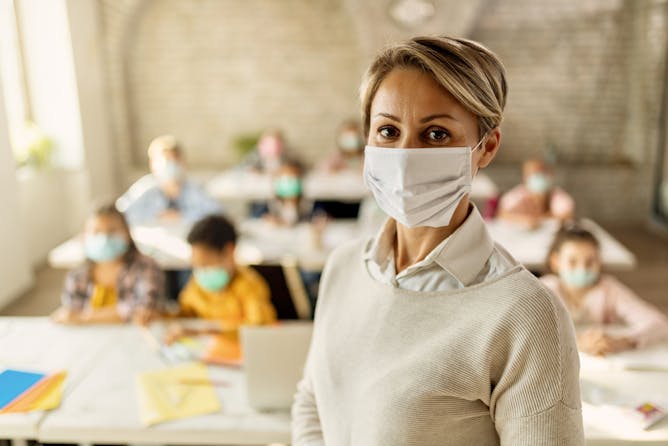
Shutterstock
Asha Bowen, Telethon Kids Institute; Archana Koirala, University of Sydney; Margie Danchin, Murdoch Children's Research Institute
It's an absolute priority we find and use ways to support kids to continue face-to-face learning in times of low community transmission, especially primary schools.
|
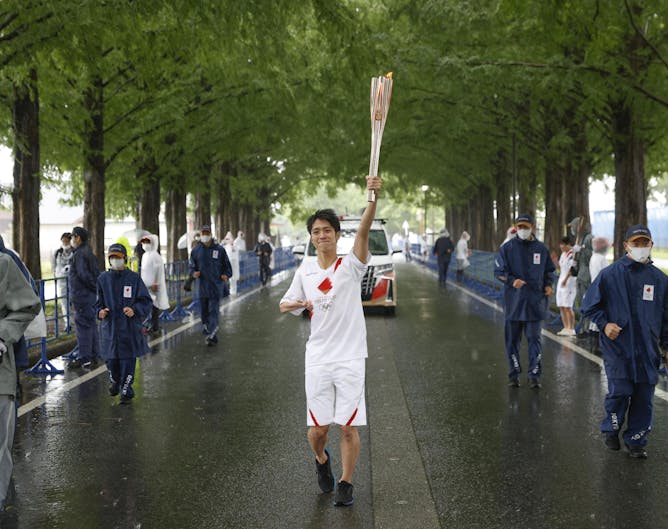
KYDPL KYODO/AP
Jack Anderson, The University of Melbourne
The decision to cancel the games lies ultimately with the International Olympic Committee – an extraordinary power that explains why Tokyo is pressing ahead.
|
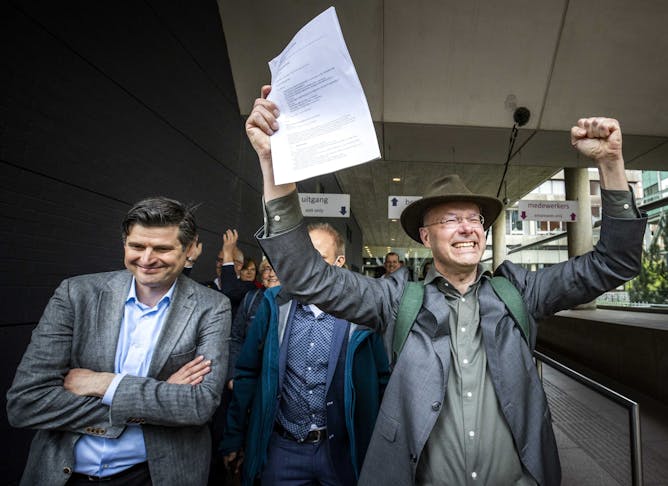
Peter Dejong/AP
Jacqueline Peel, The University of Melbourne; Ben Neville, The University of Melbourne; Rebekkah Markey-Towler, The University of Melbourne
To date, courts have often been reluctant to interfere in what is viewed as an issue best left to policymakers. These recent judgements, and others, suggest things are changing.
|
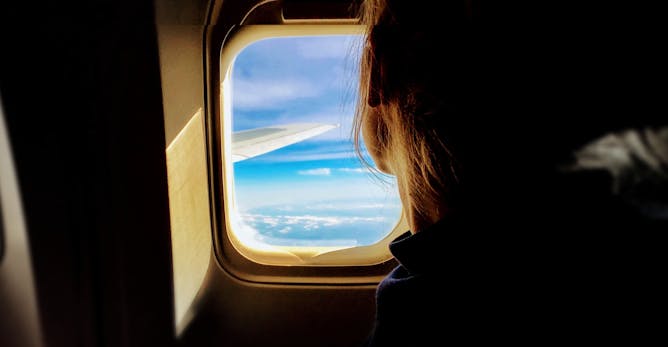
Tim Gouw/Pexels
Brendan Coates, Grattan Institute; Will Mackey, Grattan Institute
Most skills shortages are temporary. When migrations resumes, the ones we select will be here for decades.
|
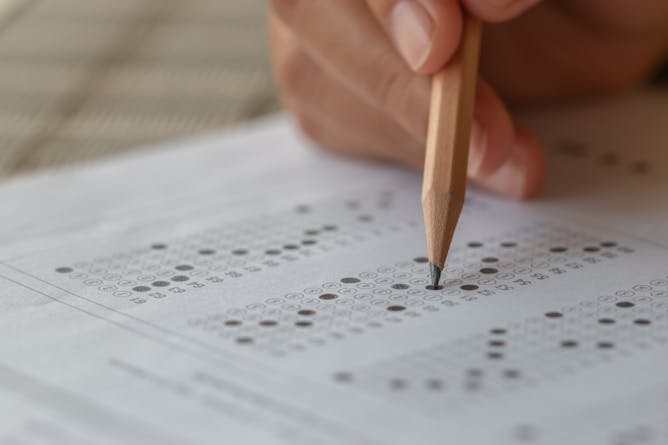
Shutterstock
Silvia Griselda, The University of Melbourne
An analysis of data from the Programme for International Student Assessment (PISA) has found the gender gap in maths tests increased where papers contained more multiple choice questions.
|
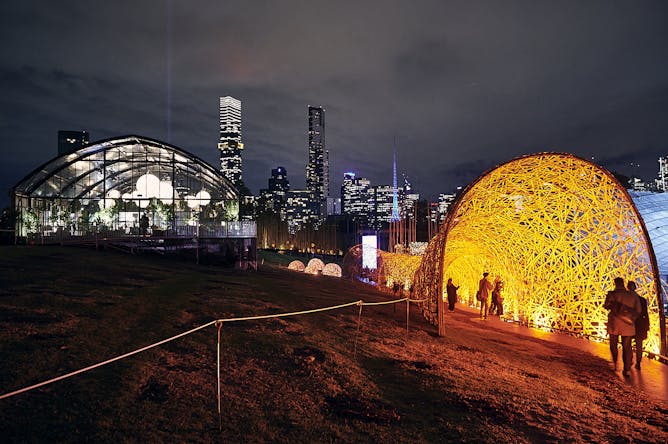
The Wilds at Rising Festival will be closed during Melbourne’s seven day lockdown.
Eugene Hyland/Rising
Brian Long, The University of Melbourne; Guy Morrow, The University of Melbourne
Melbourne's snap-lockdown proves festivals are still vulnerable. If the government doesn't provide insurance, arts organisations may decide it's not worth the risk.
|
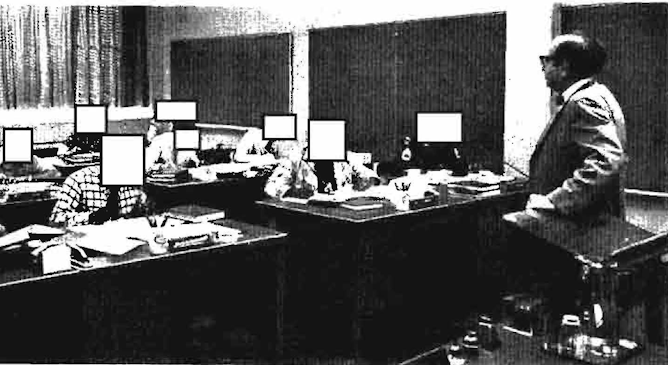
NSA
Richard Bean, The University of Queensland
Researchers tried several times to have the document declassified, including in 1992, 2004 and 2016. It was initially written to help American NSA agents crack difficult codes messages.
|
Environment + Energy
|
-
Katie Steele, Australian National University
Conditional commitments are promises to raise emissions reduction efforts, depending on what others do. It could be a big incentive for Australia.
|
|
Politics + Society
|
-
Michelle Grattan, University of Canberra
Rebel federal backbencher Joel Fitzgibbon says Labor should scrap the rank and file's role in electing the leader, returning all the power to the caucus.
-
Michelle Grattan, University of Canberra
Michelle Grattan discusses the political week that was with Professor Paddy Nixon.
|
|
Arts + Culture
|
-
Kate Cantrell, University of Southern Queensland; Rhiannan Johnson, University of Southern Queensland
Eric Carle's famous book about a caterpillar was originally about a book worm.
|
|
Business + Economy
|
-
Carl Rhodes, University of Technology Sydney
The wealth of the top 200 Australians has risen by A$56 billion to a staggering $480 billion.
-
Ben Newell, UNSW
Bias is a psychological process detectable in individual judgements. Noise is a different phenomenon affecting human decisions.
|
|
Health + Medicine
|
-
Christian Moro, Bond University; Charlotte Phelps, Bond University
When the weather outside is very hot, it can make us feel really unhappy. Here's why.
|
|
| |
Featured jobs
|
|
|
Featured Events & Courses
|

|
191 Boundary St, West End, Queensland, 4101, Australia — The Conversation
|

|
River Room, Customs House, 399 Queen St, Brisbane City, Queensland, 4000, Australia — The University of Queensland
|
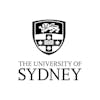
|
Online webinar, Sydney, New South Wales, 2206, Australia — University of Sydney
|

|
15 Broadway, Ultimo, New South Wales, 2007, Australia — University of Technology Sydney
|
|
|
|
| |
| |
| |
| |
| |
|
|
|
|
|
|
|